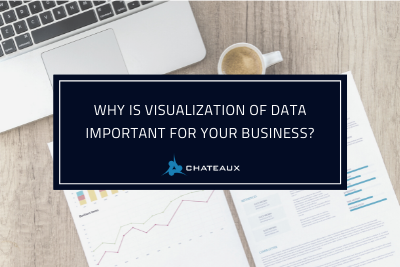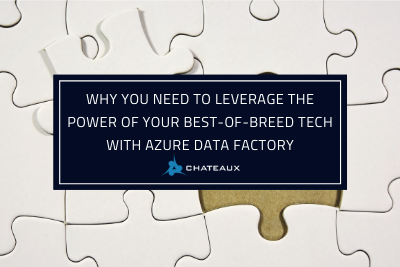By Hugo Toledo, Senior BI Architect
Big Data has hit the big time.
Brought to the forefront of all CxO’s attention after a Harvard Business Review cover story in 2012, Big Data is now a colloquialism for “massive amounts of data generating actionable business insight.” Recently, Big Data further jumped into the spotlight as both Google and Amazon began building out their respective pay-as-you-go cloud-based solutions, allowing people to analyze information almost as it comes into their business.
But like the acai berry, you may be seeing “Big Data” everywhere yet still wonder: what is it? Can it really help my company?
The definition of Big Data remains rather ambiguous. When is data considered “big”? A recent Wall Street Journal article defined it as “having access to vastly more information that comes from many more different sources, and being able to get it almost as soon as it’s generated.” Of course, there has been a vast amount of information available from countless sources for years, but the key to unlocking value from Big Data is to access and analyze it in near-real-time.
Perhaps it’s better to define Big Data with examples of what it can do: McDonalds uses Big Data to ensure product consistency at all of its locations worldwide. By photo-analyzing their sandwich buns they are able to automatically tweak the baking process, saving thousands of pounds of product and significant energy costs. The United Nations analyzes social media traffic to identify emerging centers of violence, disease, and poverty in order to effectively and proactively deploy resources. Some companies are even monetizing the data itself – retail food chains such as Kroger are generating income by selling their sales data back to CPG manufacturers and distributors.
Predictive analytics in the last Obama campaign undoubtedly helped the president secure a second term. The campaign connected with potential donors, voters, and volunteers by running over 60,000 daily simulations to determine the ideal individuals to contact and with which medium to reach them through.
Clearly, Big Data holds big possibilities. If you haven’t already received a request to look into hosting or supporting a Big Data deployment, trust me, it’s coming! But the truth is there is not a place for Big Data in every organization. Most organizations haven’t even taken the time to deal with the data that they already have, and that is the first step. It’s also important to look at the skillsets within your organization, and see whether you have a base for identifying actionable opportunities within your existing data sources. That doesn’t mean you need to hire a bunch of Data Scientists just yet, but you do need to consider the skills required to use key analytics tools to generate the right questions.
Before delving into Big Data territory, consider the following about your organization:
- Do you know what information is available?
- Do you know what the quality of that data is?
- Do you have the skillsets to be able to do something with the data?
If yours is a company able to take advantage of the vast amount of information you are gathering, the possibilities are endless, especially in the areas of marketing and sales, operations, new product innovation, and risk and fraud reduction. In a recent Gartner webinar entitled “Big Data and Analytics Strategy Essentials,” the number one opportunity cited for Big Data was in marketing and sales growth, followed by operations and financial performance. Taking advantage of these tools will provide you with a better general understanding of what you can really get out of huge amounts of data.
To learn more about Chateaux’s Big Data services and how we can help you make an informed decision on Big Data initiatives, contact us or visit our website.









